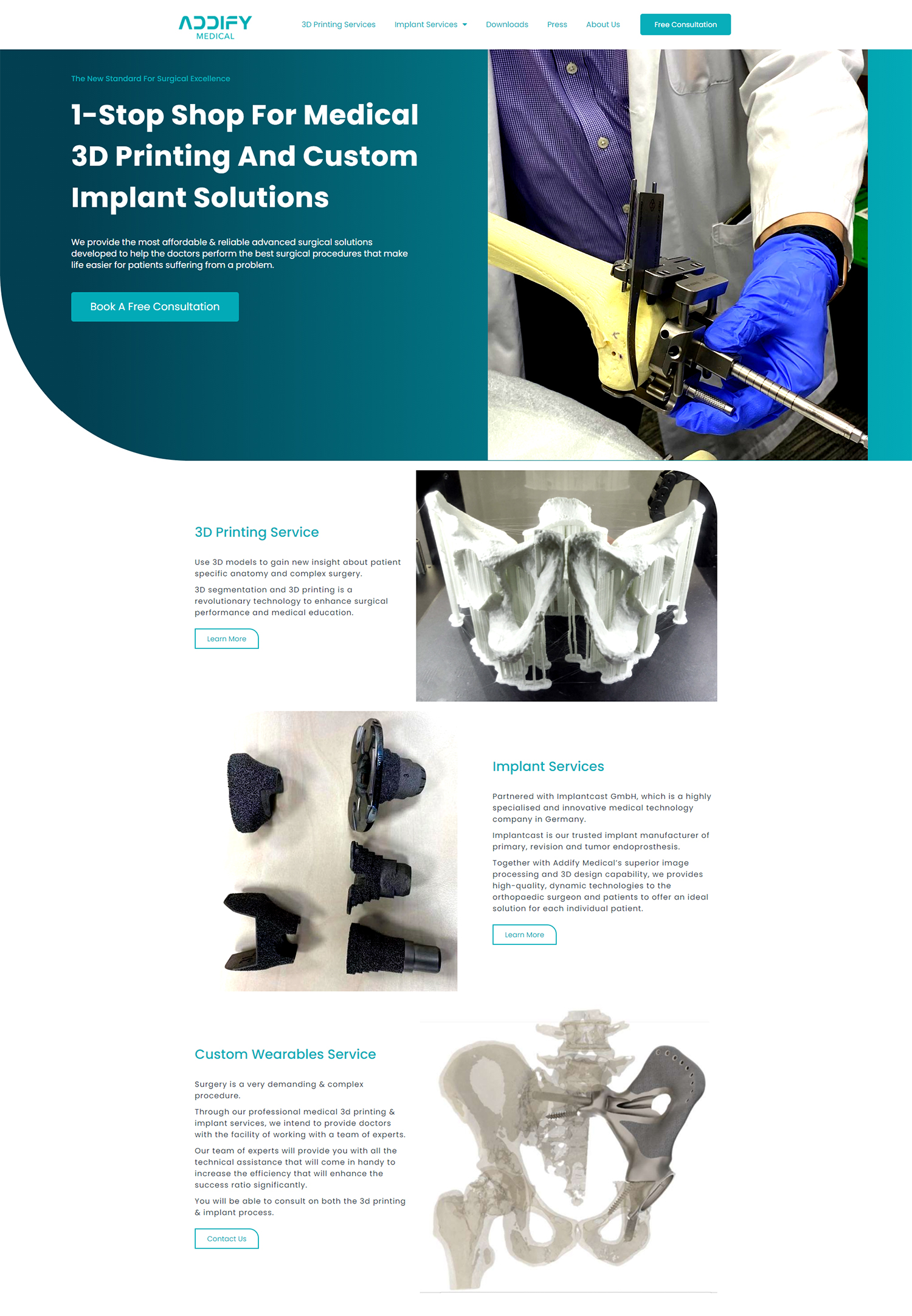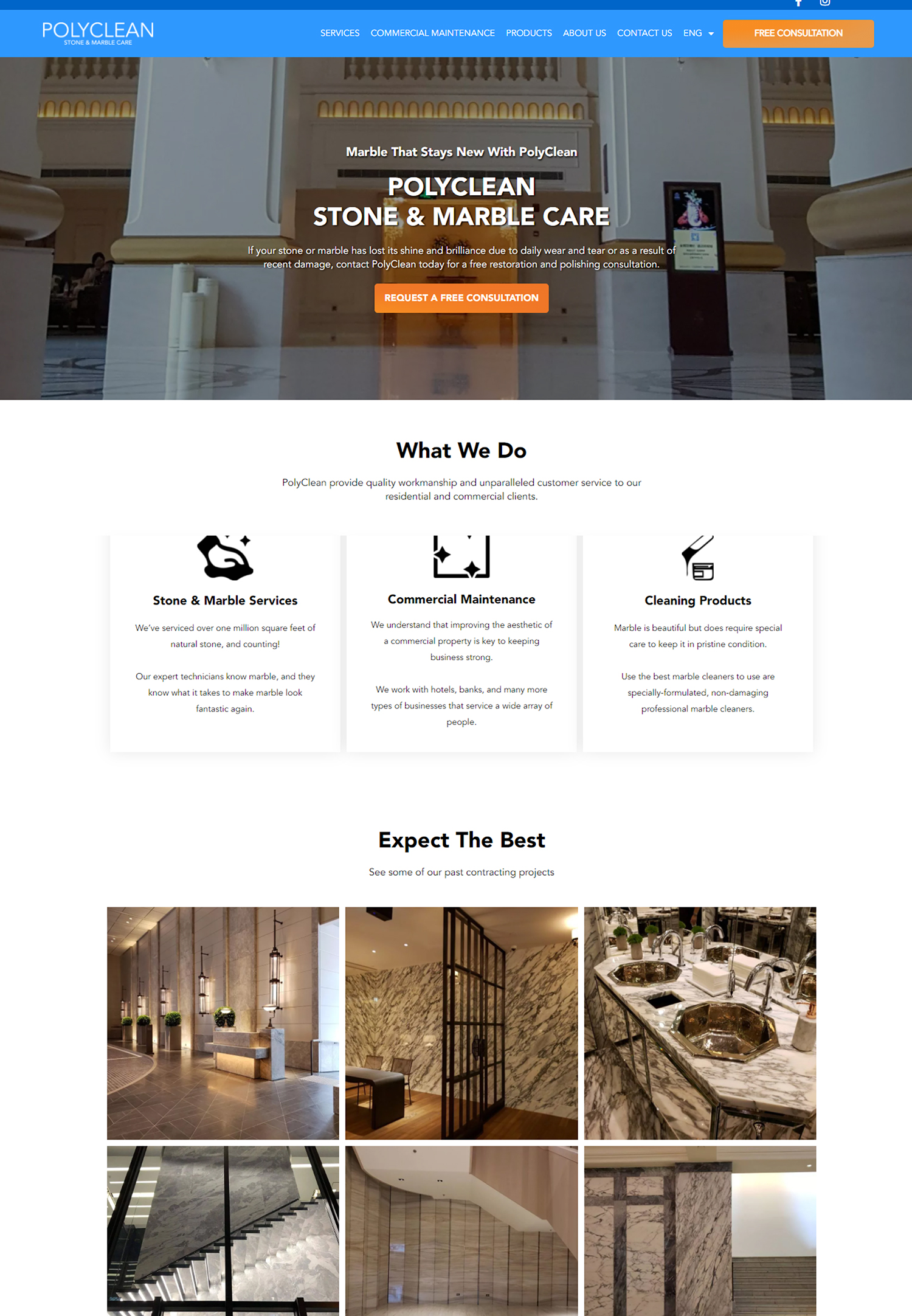Digital marketing services encompass a wide array of strategies and tools designed to promote products or services through digital channels. These services include search engine optimization (SEO), pay-per-click advertising (PPC), social media marketing, email marketing, content marketing, and more. Each of these components plays a crucial role in establishing an online presence, reaching target audiences, and driving conversions.
The digital landscape is constantly evolving, making it essential for businesses to stay informed about the latest trends and technologies that can enhance their marketing efforts. At its core, digital marketing is about connecting with consumers where they spend a significant portion of their time: online. This connection can be achieved through various platforms, including websites, social media networks, and email.
Understanding the nuances of each channel is vital for businesses looking to maximize their reach and engagement. For instance, SEO focuses on optimizing website content to rank higher in search engine results, while PPC involves paying for ads that appear on search engines or social media platforms. By leveraging these services effectively, businesses can create a comprehensive digital marketing strategy that aligns with their goals and objectives.
Key Takeaways
- Digital marketing services encompass a wide range of online marketing strategies and tactics to help businesses reach their target audience and achieve their marketing goals.
- The benefits of digital marketing for businesses include increased brand visibility, targeted audience reach, cost-effectiveness, and the ability to track and measure campaign performance.
- When choosing the right digital marketing services for your business, it’s important to consider your specific goals, target audience, budget, and the expertise of the digital marketing agency or team.
- Implementing digital marketing strategies involves creating a comprehensive plan that includes website optimization, content marketing, email marketing, search engine optimization (SEO), and paid advertising.
- Leveraging social media for business growth involves creating a strong social media presence, engaging with your audience, and using social media advertising to reach potential customers.
The Benefits of Digital Marketing for Businesses
The advantages of digital marketing are manifold, making it an indispensable tool for businesses of all sizes. One of the most significant benefits is the ability to reach a global audience. Unlike traditional marketing methods, which may be limited by geographical boundaries, digital marketing allows businesses to connect with potential customers across the globe.
This expanded reach can lead to increased brand awareness and customer acquisition, ultimately driving sales and revenue growth. Another key benefit of digital marketing is its cost-effectiveness. Many digital marketing strategies, such as social media marketing and email campaigns, can be executed with relatively low budgets compared to traditional advertising methods like television or print ads.
This affordability makes it accessible for small businesses and startups that may not have extensive marketing budgets. Additionally, digital marketing allows for precise targeting of specific demographics, ensuring that marketing efforts are directed toward the most relevant audiences. This targeted approach not only enhances the efficiency of marketing campaigns but also improves the return on investment (ROI) for businesses.
Choosing the Right Digital Marketing Services for Your Business
Selecting the appropriate digital marketing services requires a thorough understanding of your business goals, target audience, and available resources. Businesses must first assess their objectives—whether they aim to increase brand awareness, generate leads, or drive sales. Once these goals are established, it becomes easier to identify which digital marketing services will best support them.
For example, a company focused on lead generation may benefit from SEO and content marketing to attract organic traffic, while a business looking to boost immediate sales might prioritize PPC advertising. Moreover, understanding your target audience is crucial in choosing the right services. Different demographics engage with various platforms in distinct ways; for instance, younger audiences may be more active on TikTok or Instagram, while older consumers might prefer Facebook or email communication.
Conducting market research can provide valuable insights into where your audience spends their time online and what types of content resonate with them. By aligning your digital marketing strategy with your audience’s preferences and behaviors, you can enhance engagement and drive better results.
Implementing Digital Marketing Strategies
| Metrics | Value |
|---|---|
| Website Traffic | 5000 visitors per month |
| Conversion Rate | 3% |
| Email Subscribers | 1000 subscribers |
| Social Media Followers | 10,000 followers |
Once the appropriate digital marketing services have been identified, the next step is implementation. This phase involves developing a comprehensive strategy that outlines specific tactics, timelines, and responsibilities. A well-structured plan ensures that all team members are aligned and working toward common objectives.
For instance, if a business decides to focus on content marketing, it should create a content calendar that details topics, formats (such as blog posts or videos), and publication dates. Additionally, implementing digital marketing strategies requires ongoing monitoring and adjustment. The digital landscape is dynamic; consumer preferences can shift rapidly due to trends or external factors.
Therefore, businesses must remain agile and be willing to adapt their strategies based on performance data and market changes. Utilizing analytics tools can provide insights into how campaigns are performing in real-time, allowing marketers to make informed decisions about where to allocate resources or adjust tactics for optimal results.
Leveraging Social Media for Business Growth
Social media platforms have become essential tools for businesses seeking to engage with their audiences and foster brand loyalty. With billions of users worldwide, platforms like Facebook, Instagram, Twitter, and LinkedIn offer unparalleled opportunities for businesses to connect with potential customers. By creating a strong social media presence, companies can share valuable content, interact with followers, and build a community around their brand.
To leverage social media effectively, businesses should develop a clear strategy that outlines their goals and target audience. This strategy should include guidelines for content creation, posting frequency, and engagement tactics. For example, a business might choose to share user-generated content to encourage community involvement or run contests to boost engagement.
Additionally, utilizing paid advertising options on social media can further enhance visibility and reach specific demographics that align with the business’s target market.
Creating Engaging Content for Digital Marketing
Content is often referred to as the backbone of digital marketing; it serves as the primary means through which businesses communicate with their audiences. Creating engaging content is essential for capturing attention and driving interactions. High-quality content can take many forms—blog posts, videos, infographics, podcasts—and should be tailored to meet the needs and interests of the target audience.
To create compelling content, businesses should focus on providing value to their audience. This could involve sharing industry insights, offering practical tips, or telling relatable stories that resonate with consumers’ experiences. Additionally, incorporating visual elements such as images or videos can enhance engagement and make content more shareable across platforms.
Regularly updating content and optimizing it for SEO can also improve visibility in search engine results, driving organic traffic to the business’s website.
Measuring the Success of Digital Marketing Campaigns
Measuring the effectiveness of digital marketing campaigns is crucial for understanding what works and what doesn’t. Businesses must establish key performance indicators (KPIs) that align with their goals—these could include metrics such as website traffic, conversion rates, social media engagement levels, or email open rates. By tracking these KPIs over time, companies can gain insights into the performance of their campaigns and make data-driven decisions.
Analytics tools play a vital role in this measurement process. Platforms like Google Analytics provide detailed reports on website performance, user behavior, and traffic sources. Social media platforms also offer analytics features that allow businesses to monitor engagement metrics such as likes, shares, comments, and follower growth.
By analyzing this data regularly, businesses can identify trends and patterns that inform future marketing strategies and help optimize ongoing campaigns for better results.
Staying Ahead of the Competition with Digital Marketing
In today’s fast-paced digital environment, staying ahead of the competition requires continuous innovation and adaptation in marketing strategies. Businesses must keep abreast of emerging trends in digital marketing—such as advancements in artificial intelligence (AI), changes in consumer behavior due to technological developments, or shifts in social media algorithms—to maintain a competitive edge. Investing in ongoing education and training for marketing teams can also foster creativity and ensure that businesses are utilizing the latest tools and techniques effectively.
Networking with industry peers and participating in webinars or conferences can provide valuable insights into best practices and innovative strategies being employed by others in the field. By remaining proactive in their approach to digital marketing, businesses can not only keep pace with competitors but also position themselves as leaders within their industry.






























